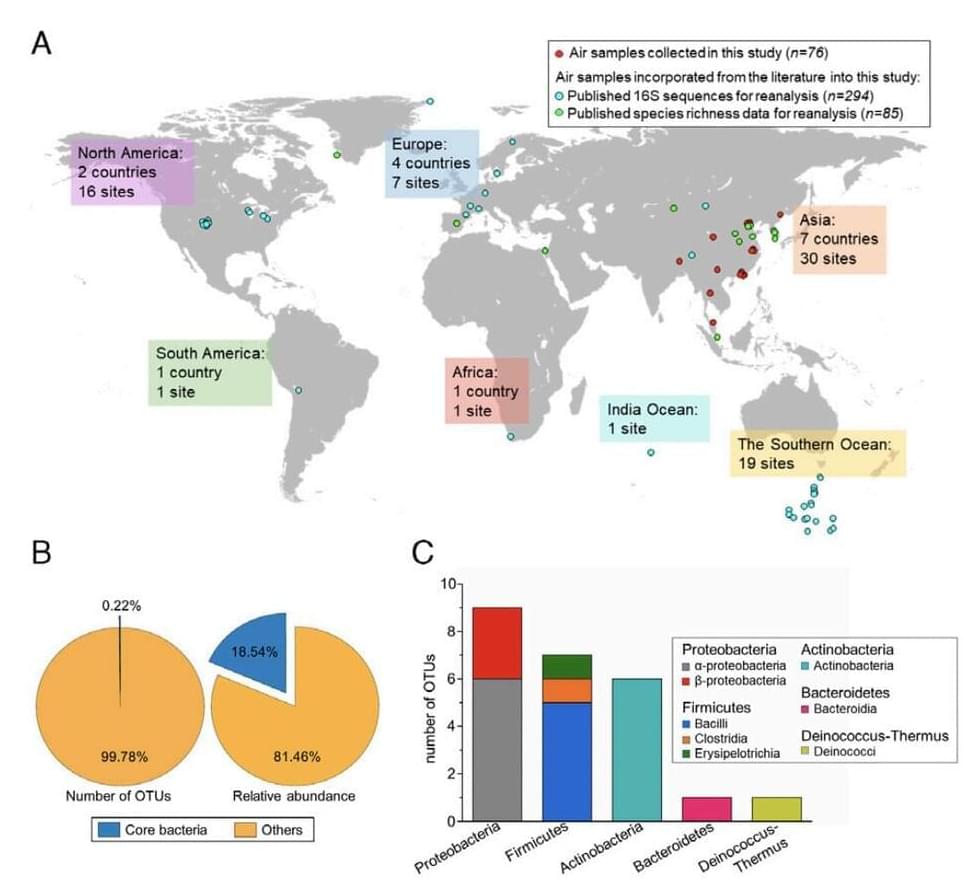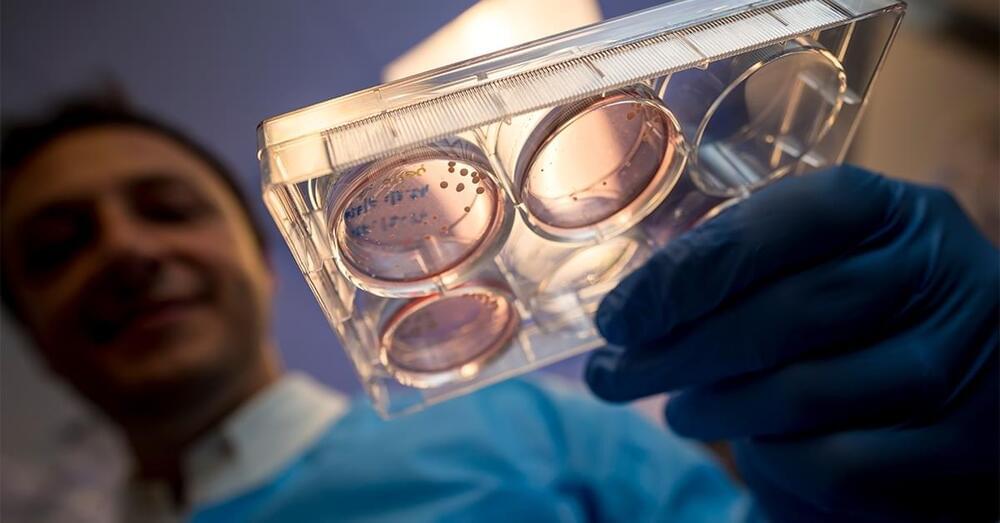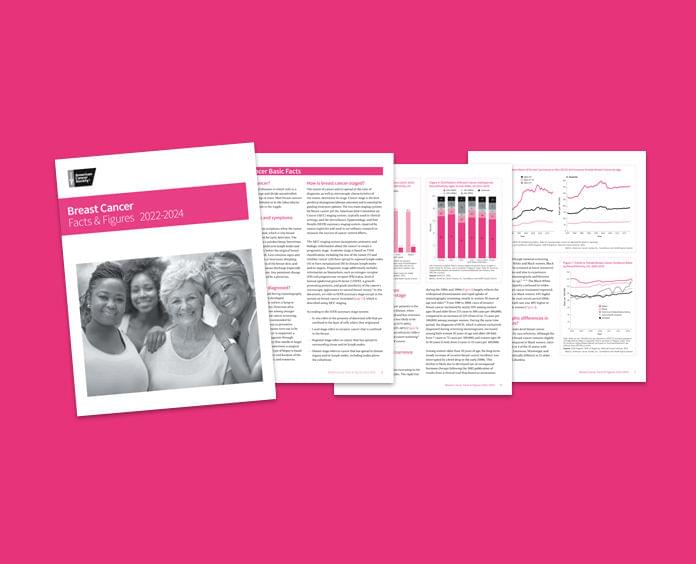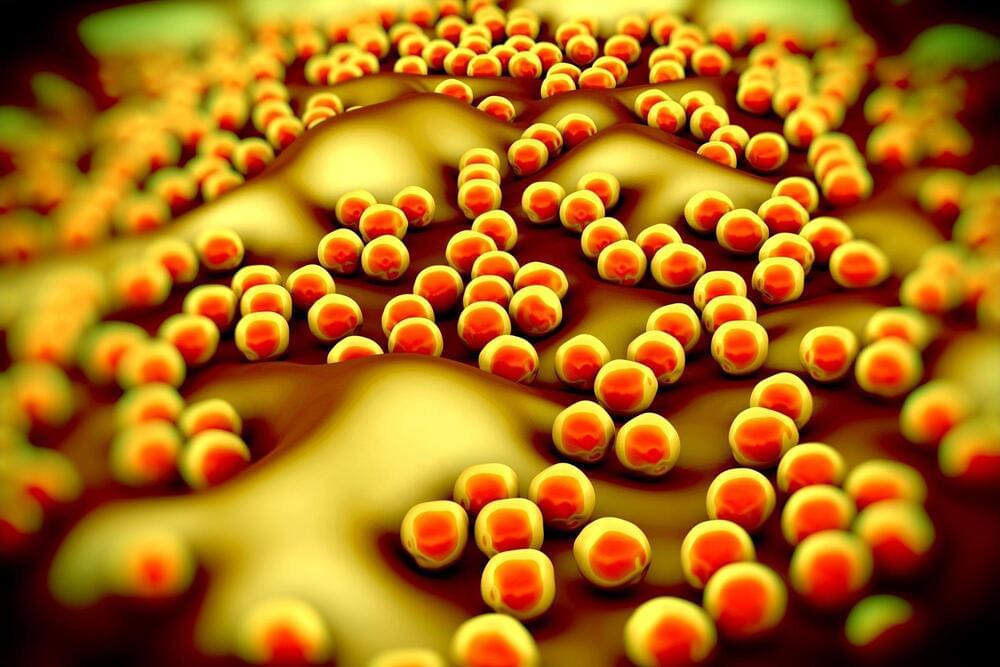Microbiomes, microorganisms that populate specific environments, are known to include both beneficial and harmful bacterial species. Understanding how destructive microbiomes originate in changing environments and their effects on both the environment and human health could help to tackle global well-being challenges more effectively.
Researchers at the Hong Kong Polytechnic University and institutions and universities in China and the U.S. have recently carried out a study investigating the compositions and origins of airborne (i.e., transported in the air) microbiomes on Earth. Their findings, published in the Proceedings of the National Academy of Sciences, shows that humans and animals are among the primary sources of global airborne bacteria.
“We spent a total of about nine years on this global study, including drafting the initial proposal, conducting sampling across the world, collecting and processing data, and drafting and revising the manuscript,” Xiangdong Li, one of the leading researchers who carried out the study, told Phys.org. “We established a comprehensive atlas of global airborne bacteria with implications for microbiology, ecology, air pollution, and public health, and we believe that airborne bacteria will attract more and more attention from all sectors of society.”







